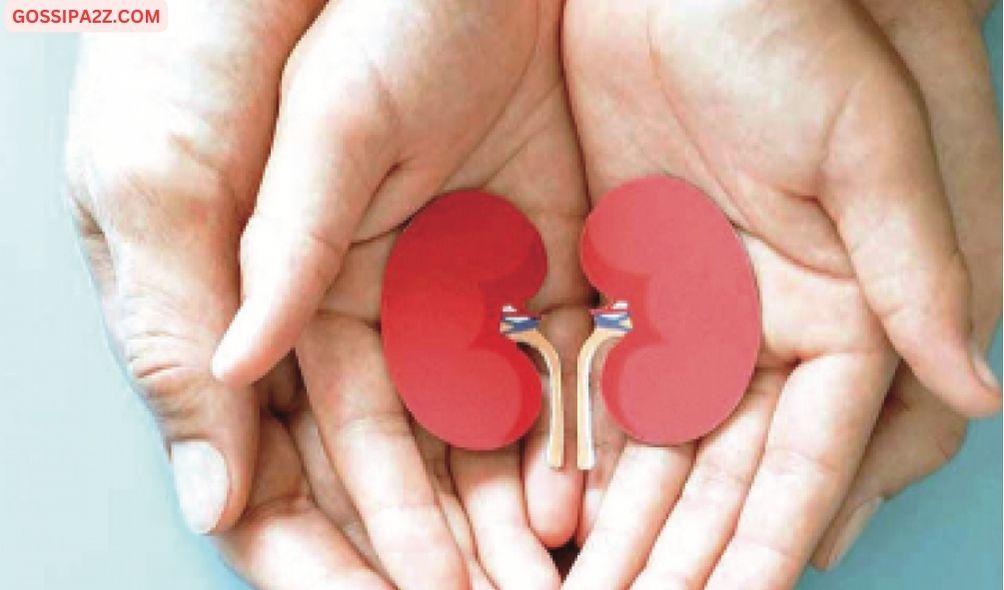Kenyan Youths Trade Kidneys for Cash and Wheels: Shocking Reports
In March 2024, the Institute of Security Studies (ISS) documented a phenomenon where some young people in Kenya were resorting to selling their kidneys as a means of escaping poverty.
Kidney transplants in Kenya
As per the report, the price of a kidney amounted to roughly $1,000 (equivalent to approximately KSh 130,000), along with the inclusion of a motorcycle.
Numerous young people in Kenya aspire to acquire a motorcycle to generate income by engaging in boda boda transportation services.
The article recounted the tale of Joseph Japiny, aged 30, hailing from Homa Bay County. He admitted to obtaining his motorcycle through the sale of one of his kidneys.
According to a report by the Institute for Security Studies (ISS), Japiny mentioned through ENACT, an organization dedicated to bolstering Africa’s capabilities against transnational organized crime, that Jadhot, an intermediary involved in the trade of kidneys, connected him with potential purchasers.
He described how Jadhot connected young people from Eldoret, Busia, and Nairobi with potential kidney purchasers.
Kidney prices in Kenya’s black market
For example, Japiny received an initial payment of approximately $984, equivalent to roughly KSh 128,000, before the surgery. The remainder, also around KSh 128,000, was given in the form of a Boxer motorbike.
He described how he went through examinations at a private establishment in Eldoret. Following a fortnight, he received food and lodging for approximately a month while undergoing blood and urine analyses in preparation for the surgery.
During this time, someone was tasked with caring for him and monitoring his actions closely.
Besides the ISS report, another report from the International Society of Nephrology has documented a minimum of 100 instances of organ trafficking within the nation.
During the research, which was unveiled in December 2023 at the 2023 Kenya Renal Association Conference (KRACON 2023), impoverished individuals from Kenya fell prey to an organ trafficking network.
A minimum of 100 instances were documented in a talk delivered at the Mombasa conference.
The International Society reports that kidneys were sold for an average cost of KSh 700,000.
The Kenya Renal Association pointed out a deficiency in public disclosure and collusion among the leaders of agencies responsible for combating organ trafficking.
The Kenya Revenue Authority (KRA) urged the Kenya Blood and Transplant Authority and the Kenya Medical Practitioners, Pharmacists, and Dentist Union (KMPDU) to actively denounce the wrongdoing to protect at-risk communities.
Kidney business in Eldoret, Uasin Gishu
The organization stated that the underground kidney transplant trade thrived due to poverty, ambiguous laws, and the exploitation of individuals.
In the reports, Kipkenyo residents in Uasin Gishu County have expressed worry over a rising trend where members of the community are resorting to selling their kidneys as a means to escape poverty.
According to a People Daily article, a resident provided the names of two individuals who exchanged their kidneys for money, along with others who reached out to brokers and requested intervention from relevant authorities.
ALSO READ:
- Gachagua’s Fate Hangs by a Thread: Court to Deliver Ruling on Impeachment Appeals in May
- PhD President? Gachagua Blasts Ruto for ‘Educated Foolishness’ Amid National Crisis
- Gachagua’s Shocking U-Turn: Ex-DP Begs Raila for 2027 Power Deal
- SHA SCANDAL: Fake Claims, Unpaid Bills & Hospitals Revolt
- ODM MP Rages at Media for ‘Poisoning’ Kenya with Gachagua’s Rants
The issue revolves around the fact that many individuals agreeing to sell their kidneys are not adequately informed about the potential hazards associated with organ donation, such as the heightened likelihood of developing high blood pressure, diminished kidney function, and eventual organ failure.
As per the International Society of Nephrology (ISS), while young Kenyans are urgently seeking KSh 700,000 or even KSh 300,000 for kidneys locally, the organ commands a price of KSh 11 million in the global market.
As per the Aga Khan Hospital in Kenya, the legislation permits only one authorized means of obtaining kidneys for transplantation.
These are living-related donors (blood relatives of the recipient up to the fourth degree of consanguinity).
In 2023, Kenyatta National Hospital warned Kenyans against selling their kidneys for financial gain, citing it as illegal.
Kenyan Youths Trade Kidneys for Cash and Wheels: Shocking Reports
